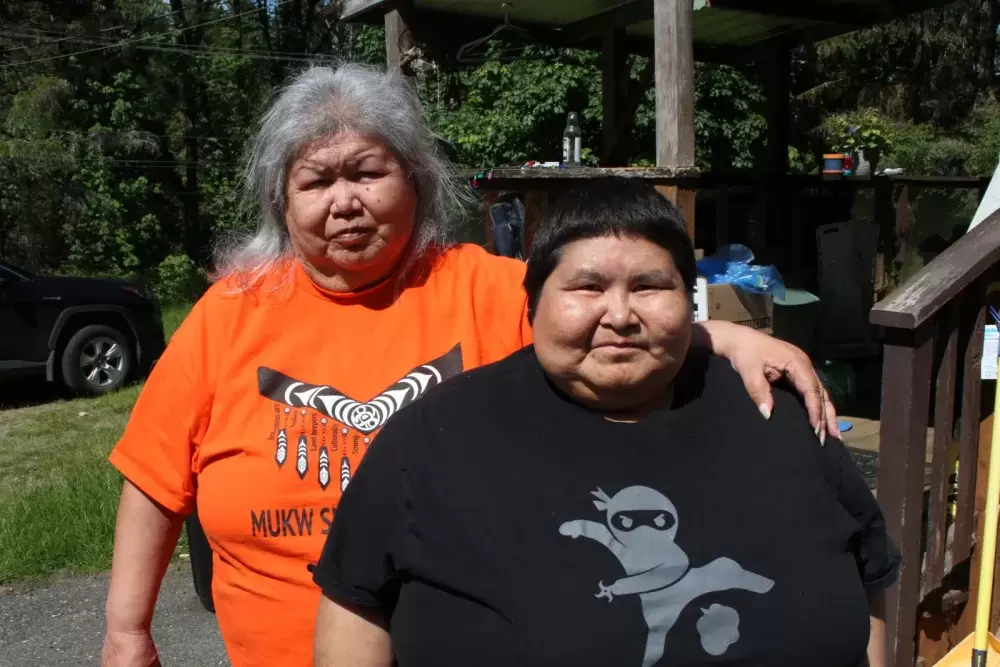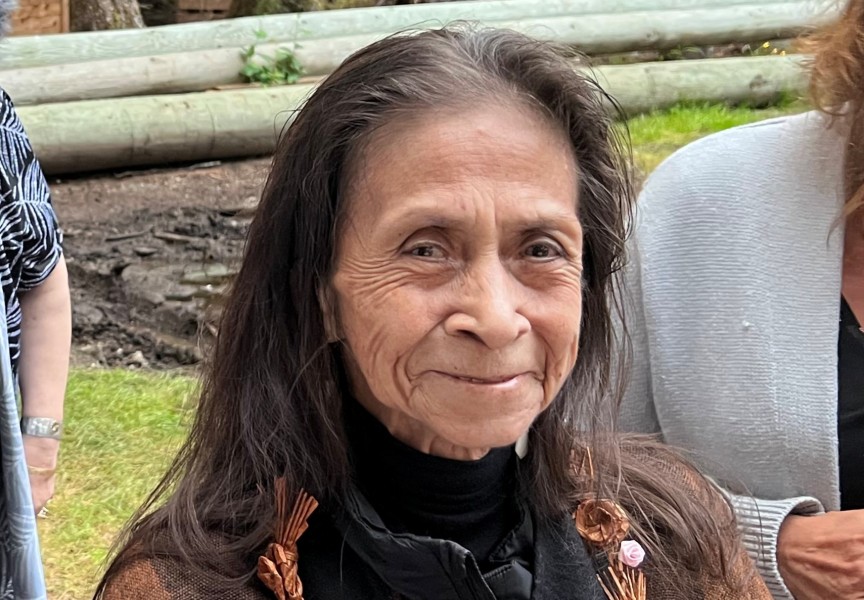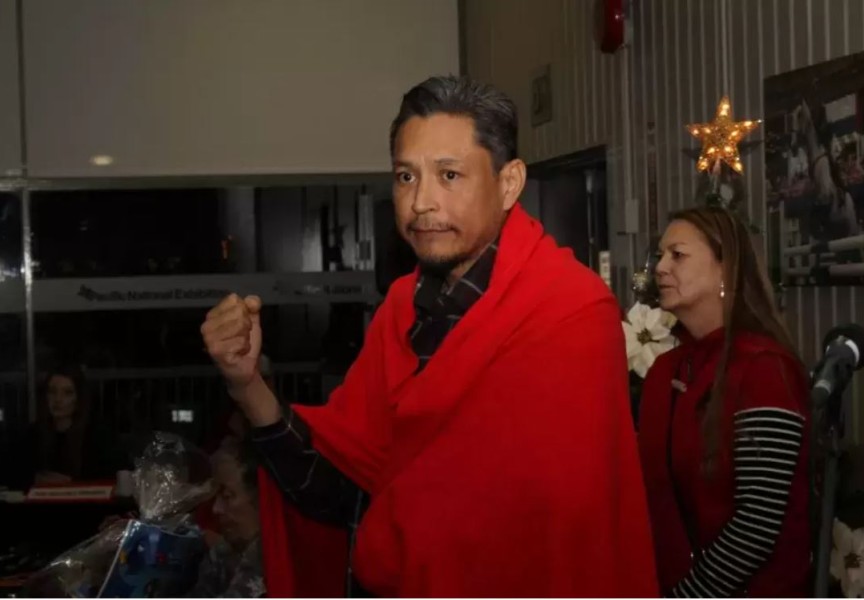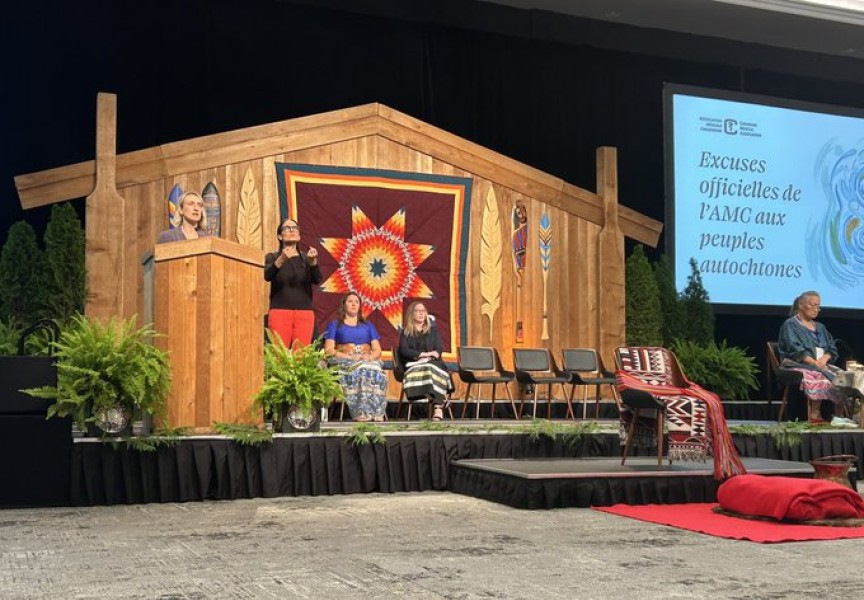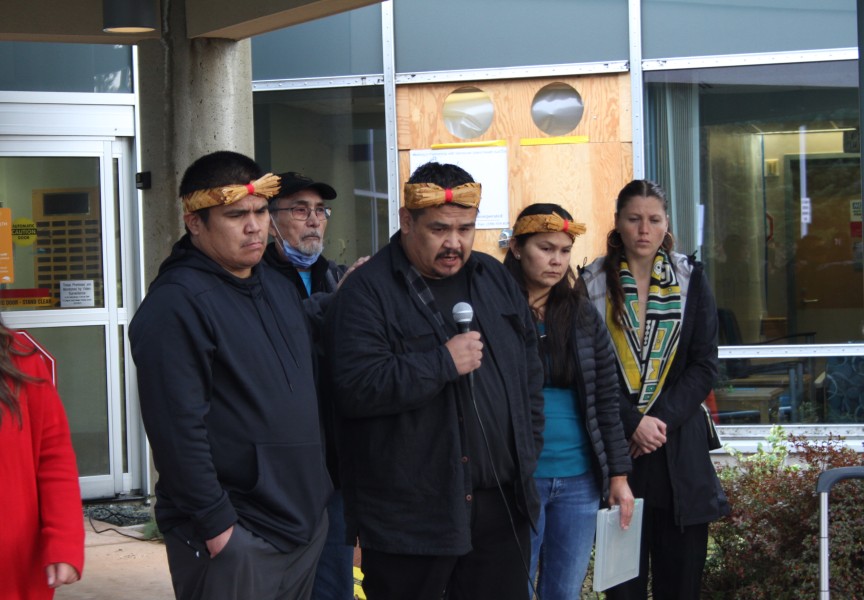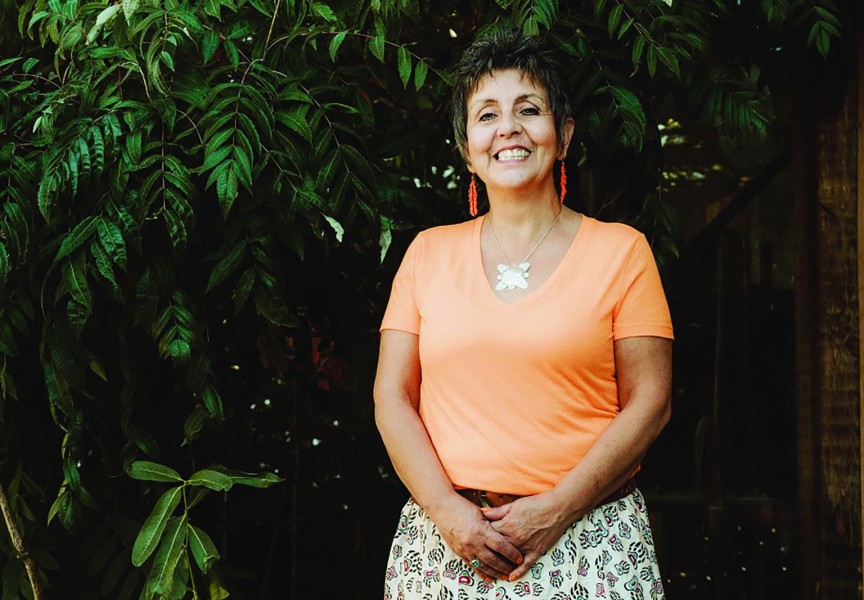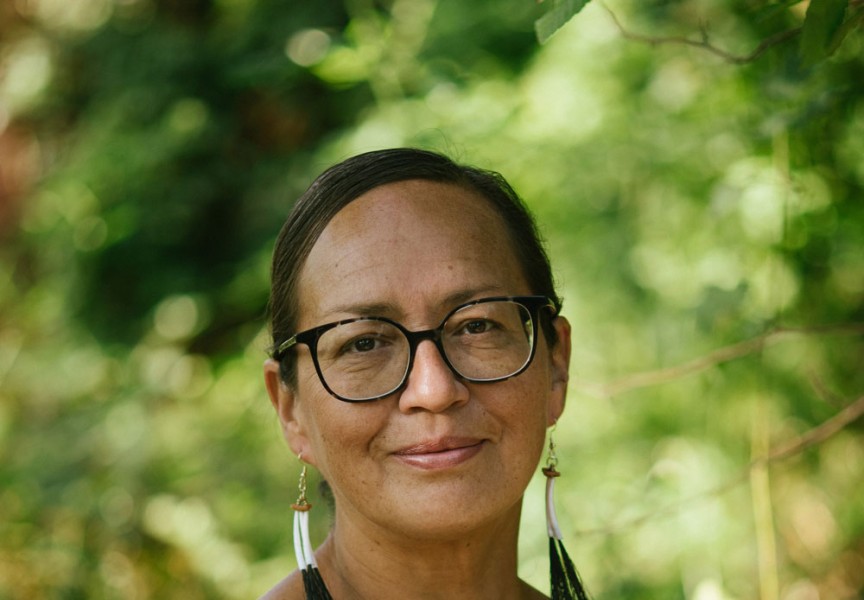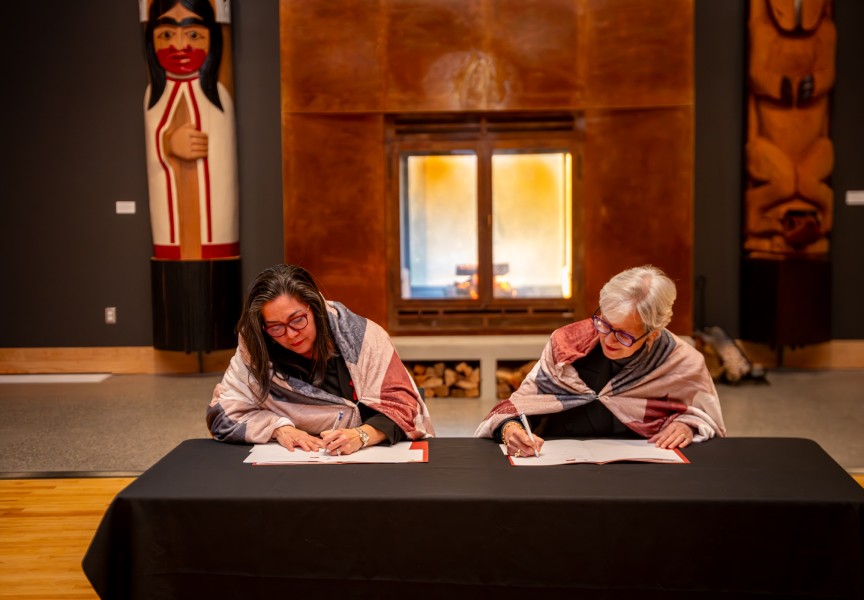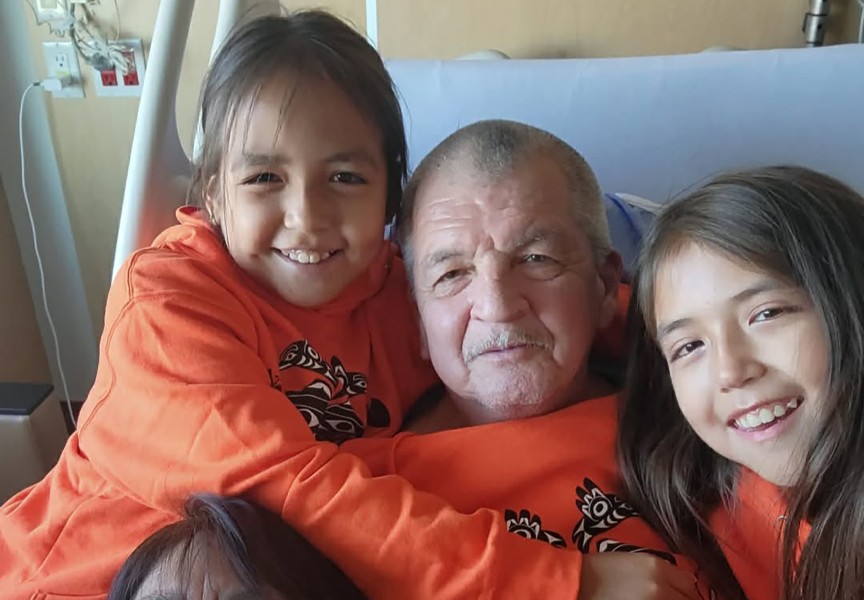Island Health says it works to involve patients in decisions regarding their care, but a Tseshaht member recently had to fight through institutional barriers while her niece stayed at the West Coast General Hospital.
Rosa Ross, who has suffered from asthma since infancy, went to the Port Alberni hospital on June 3 with breathing problems. She was brought by Gloria Ross, Rosa’s aunt who also serves as her home care provider.
When they arrived at West Coast General at 6 a.m. that morning, Gloria said the doors to the emergency department were locked due to construction. After finding their way into the facility, they waited four hours to be seen, coming away with a new inhaler for Rosa.
But the 44-year-old’s breathing problems persisted, and Gloria brought Rosa back to the hospital at approximately 5 p.m. that day, where Rosa remained over the weekend. Gloria was informed that a change in Rosa’s medication was needed, but the aunt remained concerned for her niece, who has a speech impediment that can make it difficult for other people to understand her. What made matters worse was the limited visiting hours of just 3-5 p.m. each day.
“I wanted extra visiting hours for Rosa because of her special needs and requirements,” said Gloria. “That never happened.”
Rosa was concerned she would suffer another breathing attack after being let out too early.
Fortunately, Gloria pushed to ensure her niece would not be misunderstood. She brought concerns to Island Health’s Patient Care Quality Office, which handles complaints regarding treatment in a hospital.
“We are always concerned when the care received does not meet a patient’s expectation and we take all complaints seriously,” said Island Health in an email to Ha-Shilth-Sa. “Our Patient Care Quality Office is following up with this patient and their family.”
“It looks like they’re going to create a care plan now for my niece,” said Gloria. “It didn’t have to escalate that far, if they had talked to the family before to talk about her special needs.”
The hospital stay was extended to Thursday June 16, after Gloria managed to connect with Dr. Sam Williams, the West Coast General’s chief of staff.
“She kept her a couple more days in the hospital,” said Gloria, adding that a care plan is being made for her niece. “They’re going to do her profile, and if she does go into emergency or into the hospital, then they have this information down that they’ll communicate with the family and her care workers.”
But Rosa’s departure from the West Coast General wasn’t easy, as security was used to dissuade her from returning to the hospital room.
“She thought that she still needed to be in the hospital. She was going to go back to her room and there was a security guard,” said Gloria. “Rosa’s got a fear of people in uniform. She’s had incidents with the police. They didn’t seem to have any mental health awareness.”
For Gloria this experience has been a struggle to navigate through a health care system with little opportunity for personal communication, a challenge considering her need to get others to understand the nature of Rosa’s condition.
It reminded Gloria of her time as a student at the Alberni Indian Residential School. Gloria spent half a year at the institution in 1960 after her family’s house burned down when she was seven.
“I’ve seen institutional care,” she recalled. “We were homeless, so my parents made a decision. They didn’t have very many options. Housing was even more limited then than it is now.”
Rosa now awaits to be seen by a respiratory specialist in Nanaimo she has been referred to.
“I’m hopeful it’s going to make some changes for Rosa, by taking part in this system,” said Gloria.

